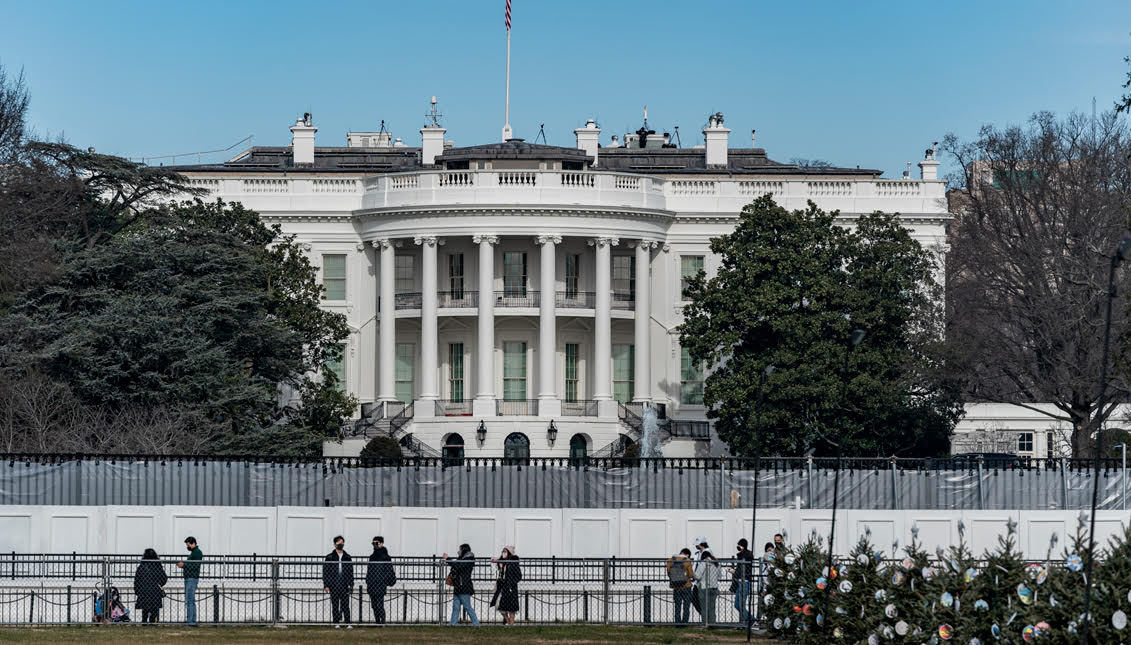
The Electoral College tally challenge is a huge nothing burger
MORE IN THIS SECTION
On Wednesday Jan. 6 at 1 p.m., Congress is set to hold a joint session to ratify the Electoral College win of President-elect Joe Biden.
It is the final step in his transition journey ahead of his inauguration. The purpose of the session is to officially count and validate the 538 electoral votes that have been certified by the 50 states and the District of Columbia.
The certification then calls for the Vice President’s sign off.
The Constitution requires Congress to meet and count the votes, and in the case of a tie, the House decides the Presidency, with each congressional delegation having one vote.
A tie hasn’t happened since the 1800s, and Biden’s electoral win over Trump was a conclusive, 306 to 232.
Still, it hasn’t stopped President Trump and some allies from peddling baseless and false election fraud claims, and some have announced plans to object to the tally presented on Jan. 6.
Pressure from Trump on Pence has also given rise to reports that the vice president will not be presiding over the ceremony, and it will instead fall to Sen. Chuck Grassley, who is president pro tempore.
At least 12 Republican Senators, including Sens Ted Cruz, and Kelly Loeffler, are planning to object to some of the state results, claiming that the November Presidential election was fraudulent.
Loeffler, facing a tough runoff election on Jan. 5, said in a statement, “The American people deserve a platform in Congress, permitted under the Constitution, to have election issues presented so that they can be addressed. That’s why, on January 6th, I will vote to give President Trump and the American people the fair hearing they deserve and support the objection to the Electoral College certification process.”
Sen. Josh Hawley of Missouri, who was the first Republican senator to announce his objection said he would challenge at least one tally, undeterred by the efforts of Senate Majority Leader Mitch McConnell and other GOP leaders to dissuade senators from doing so.
The Senators will be joined by more than 100 Republicans in the House.
Alabama Rep. Mo Brooks said he plans to challenge the results from several states, with a heavy focus on the vote tallies in Georgia, Nevada and Pennsylvania.
Any lawmaker can challenge a state’s Electoral College votes, but in order to bring the challenge to a vote, one member of the House and one senator must formally object, and it must be in writing.
RELATED CONTENT
Once an objection has been filed, lawmakers then break off into their separate chambers to debate under a two-hour time limit and vote on it.
Next, lawmakers will hold a simple majority vote on the objection, but both the House and the Senate must be in agreement for the challenge to be successful.
A state’s vote hasn’t been dismissed since the Electoral Count Act was passed over 130 years ago.
It is anticipated that the House, which is currently Democratic-controlled, will reject any challenges to states’ results.
Additionally, several Republicans in both chambers are reluctant to validate these challenges, and party leaders have already acknowledged Biden as the President-elect.
South Dakota Sen. John Thune, the Senate Majority Whip, and number two Republican in the upper chamber, told CNN last month that the effort “would go down like a shot dog.”
“I just don’t think it makes a lot of sense to put everybody through this when you know what the ultimate outcome is going to be,” he said.
Another reason why the objection attempts are likely to fail is that there has been no substantial evidence of any widespread election fraud, despite the allegations from President Trump and his allies.
Election officials have conducted recounts and audits in many of the states Trump has criticized, and federal and state officials and courts have not found any evidence of fraud, further debunking these claims and theories.







LEAVE A COMMENT: